Switzerland commits to long-term Pakistan aid
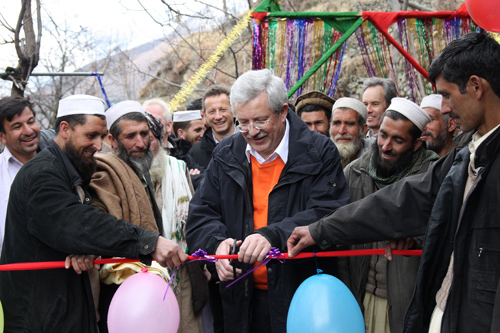
Switzerland has repeated a commitment to continue long-term support for the vulnerable and needy in northwestern Pakistan, following last summer’s devastating floods.
The director of the Swiss Agency for Development and Cooperation (SDC), Martin Dahinden, has just concluded a four-day visit to the region during which he looked at development projects in the Swat Valley and Nowshera in Khyber Pakhtunkhwa Province (KPK).
“One of the most significant things I saw during my visit was the resilience and the hope of the people, even though they experienced so much hardship,” Dahinden told swissinfo.ch, referring to the floods that inundated Pakistan at the end of July last year.
The raging waters destroyed 1.7 million houses, washed away 2.2 million hectares of crops and affected more than 18 million people across the country.
In the very first few days of the disaster, Switzerland took immediate action and provided emergency relief, delivering drinking water, food and hygiene kits for thousands of affected people.
In the Swat Valley alone, where most of the SDC’s developing projects are based, more than 14,000 homes were partially or completely damaged and 95 per cent of the bridges were washed away, cutting off dozens of villages from the rest of the country.
Humanitarian aid
“We were quick with our emergency response, but we will now focus on livelihood and disaster risk reduction programmes as this is important for the long-term recovery of the country,” explained Dahinden, whose visit was the first such high-level visit in five years.
Overall, Switzerland contributed SFr10.5 million ($11.34 million) to flood-related humanitarian projects in Pakistan, an amount that does not include the SFr42 million raised for the victims by charity Swiss Solidarity.
“I was surprised to see how many millions of francs the Swiss people donated to the flood victims in Pakistan,” Dahinden said.
“They did not look at the political side but at the humanitarian needs, and it makes me proud to come from a country where people can overlook political issues and just follow their humanitarian instinct.”
Reorientation
Switzerland has been providing development aid to Pakistan for 44 years. However, due to different needs and a changing environment, the SDC is ending some of its activities and starting new projects.
“The main reason for this visit was to look at where we stand as we are going through a reorientation of our presence in Pakistan. Some of the programmes are being phased out while at the same time we are launching new projects in the northwest, which is a very poor region of the country.”
In Swat, the Swiss delegation visited several small villages to assess the impact of the livelihood programmes, such as education, water and livestock training. One woman proudly demonstrated the daily provision of her nine hens.
“I went on a one-day training course, where I learnt how to look after the hens. Now, each of my hens lays one egg per day, which is enough for my family. I would like to get more, so I can feed my friends as well,” she said.
Priorities
So far, the SDC has invested SFr700 million for its development programmes in Pakistan. Priority areas for new projects are mainly in KPK and the Federally Administered Tribal Areas (FATA) and focus on the reconstruction of infrastructure, provision of safe water, development of rural infrastructure and disaster risk reduction, which has become an integral part of the agency’s Livelihood Programmes.
“As Pakistan’s economy depends primarily on agriculture and livelihoods, we have to do our best to minimise the damage caused by natural hazards. However, what is of utmost importance to us is to let the Pakistani people stay in the driver’s seat and decide what they need. We are only here to support them,” Dahinden concluded.
At the end of February this year, parliament decided to boost Switzerland’s development aid contributions by SFr640 million over the next two years.
The House of Representatives followed the Senate in increasing aid payments to 0.5 per cent of gross national income (GNI) by 2015. In 2009, this figure stood at 0.47 per cent, lower than the average contribution of 0.48 per cent of the OECD’s Development Assistance Committee.
The additional funds will go towards the SDC as well as to the State Secretariat for Economic Affairs (Seco), and will be injected into projects and programmes in the domain of water and the climate, thus enabling Switzerland to fulfil its multilateral commitments.
Switzerland has been providing development aid to Pakistan for 44 years and has so far invested SFr700 million in development projects.
Most of the Swiss-funded projects are livelihood programmes and focus on the reconstruction of infrastructure, provision of safe water, development of rural infrastructure and disaster risk reduction.
Priority areas are Khyber Pakhtunkhwa (KPK) and the Federally Administered Tribal Areas (FATA) in the northwest of the country.
Before being hit by the floods last year, KPK and FATA were badly affected by the military operations that started in 2008. At the height of the crisis in June 2009, more than 2.7 million people were displaced across KPK.
In times of crisis, the SDC also provides humanitarian aid, like the reconstruction of 100 schools after the 2005 earthquake.
After the 2010 floods, Switzerland contributed SFr10.5 million to flood-related humanitarian projects in the Pakistan, not including SFr42 million raised by the charity Swiss Solidarity for the victims.

In compliance with the JTI standards
More: SWI swissinfo.ch certified by the Journalism Trust Initiative

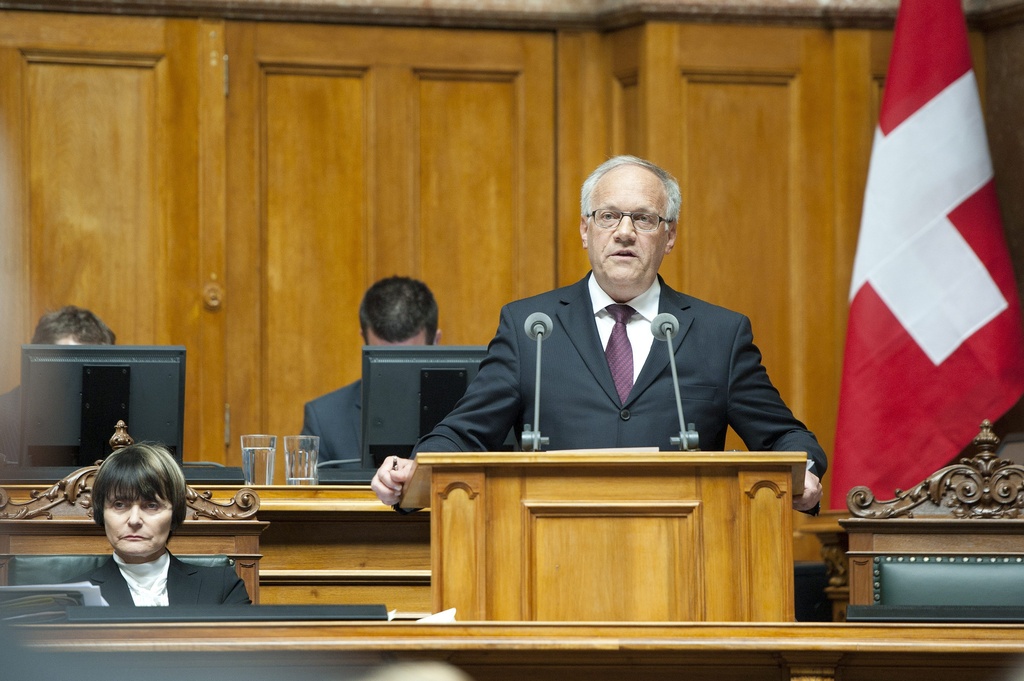

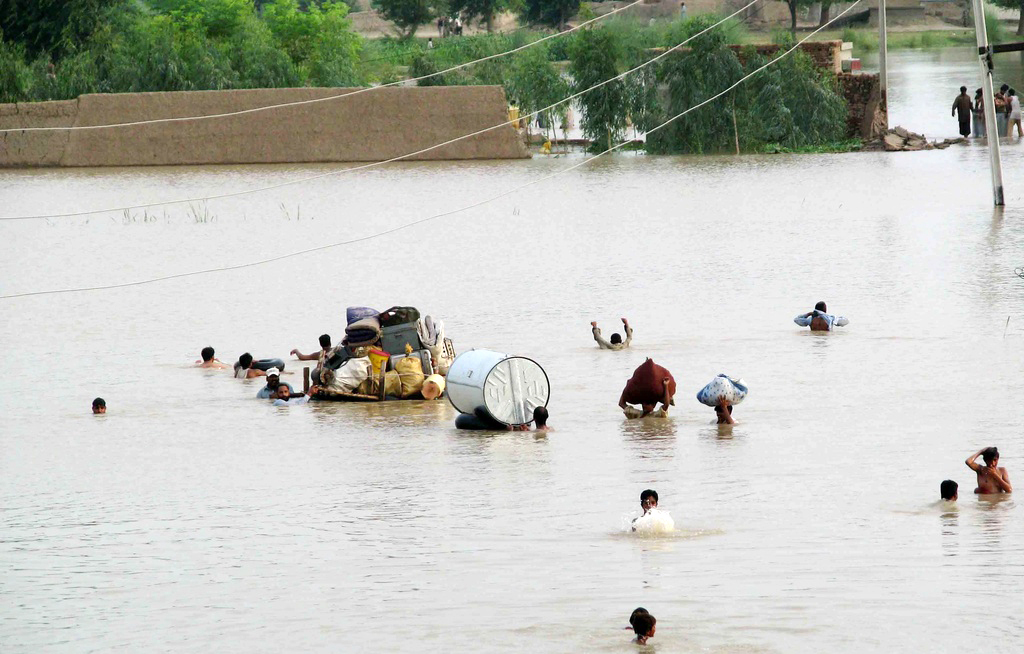
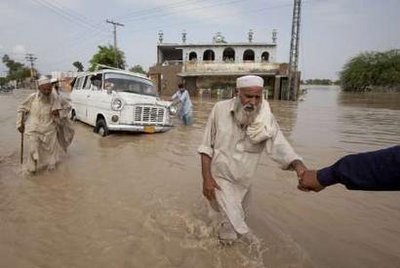
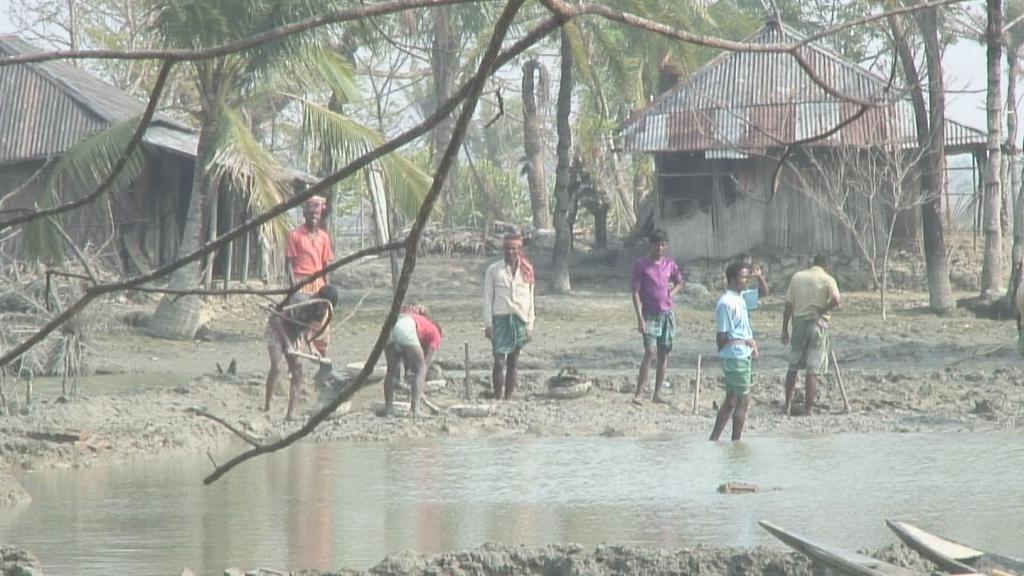
You can find an overview of ongoing debates with our journalists here. Please join us!
If you want to start a conversation about a topic raised in this article or want to report factual errors, email us at english@swissinfo.ch.